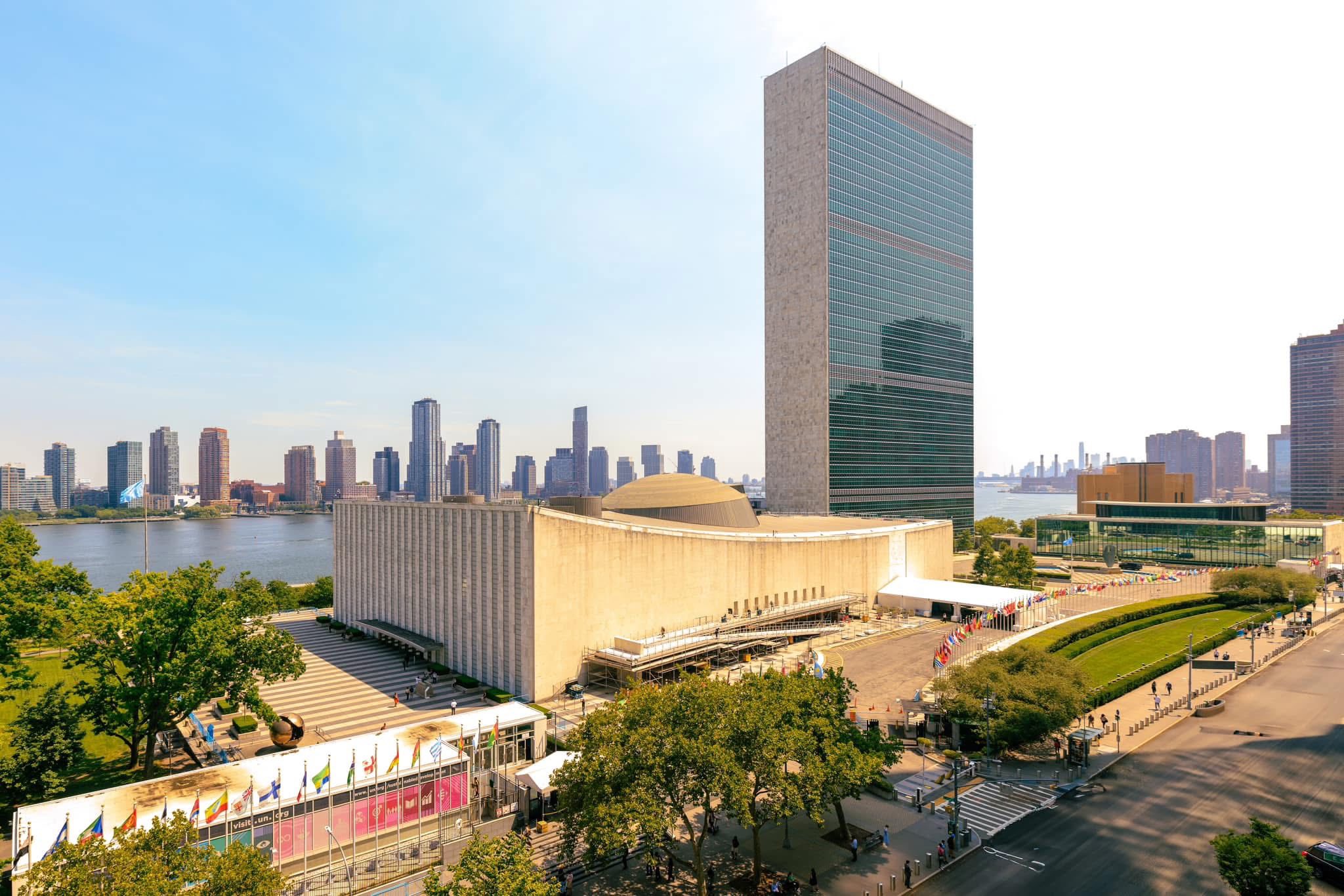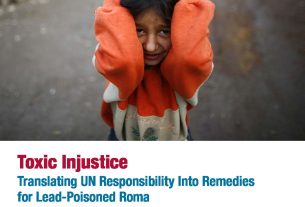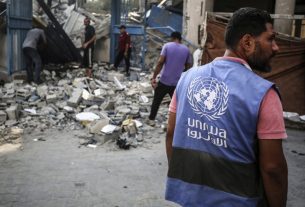A United Nations expert has called for sweeping reforms to the global financial system, warning that current structures perpetuate inequality and undermine human rights. Presenting his report to the UN General Assembly on Thursday, George Katrougalos, the Independent Expert on the promotion of a democratic and equitable international order, argued that international financial governance must be rebuilt on the principles of equality, solidarity, and human dignity enshrined in the UN Charter.
Katrougalos criticized the policies of the International Monetary Fund (IMF) and the World Bank, noting that their frameworks have been disproportionately shaped by high-income countries. Despite claims of neutrality, he said, these institutions have historically prioritized market liberalization, deregulation, and fiscal discipline over social equity, leaving developing nations burdened by debt and unable to invest adequately in domestic priorities.
The report highlighted the imbalance in decision-making power: developed countries control 41% of voting rights within the Bretton Woods Institutions while representing less than 10% of the world’s population. By contrast, low-income and more populous nations hold under 10% of the vote, a disparity Katrougalos described as a structural driver of global inequality.
He further stressed that both the IMF and World Bank have overlooked the human rights implications of their policies, citing their narrow interpretation of mandates as purely economic. Katrougalos countered that, as entities operating within the UN legal framework, they are bound to respect international human rights law.
Among his recommendations were:
- Rebalancing voting rights to give developing nations greater influence.
- Curbing illicit financial flows and introducing taxes on excess profits of multinational corporations and financial speculators.
- Aligning financial governance with UN human rights mechanisms to ensure that economic decisions do not exacerbate poverty or inequality.
The report comes amid growing international concern over the ability of developing countries to finance responses to climate change, corruption, and social inequality. The UN has previously urged governments to expand adaptation funding and ensure that climate finance reaches marginalized communities, noting that 80% of the world’s poorest populations live in regions most vulnerable to climate-related disasters.
Katrougalos’s call echoes a broader push for reform. In July 2024, a coalition of finance and foreign ministers advocated for restructuring the global financial architecture to better support sustainable development, particularly in Africa.
As debates over global governance intensify, the report underscores the urgency of reshaping financial institutions to reflect a more inclusive, rights-based order.
Sources: JURIST; Mirage News; OHCHR; Devdiscourse.



